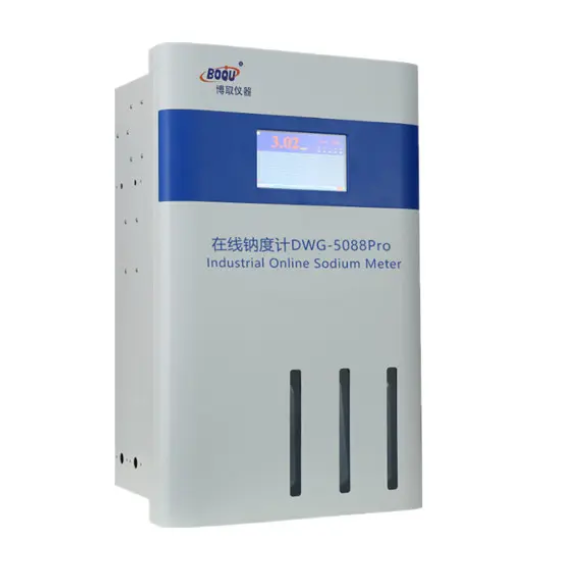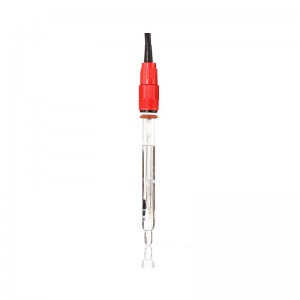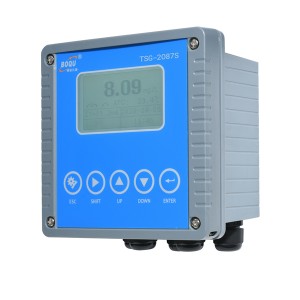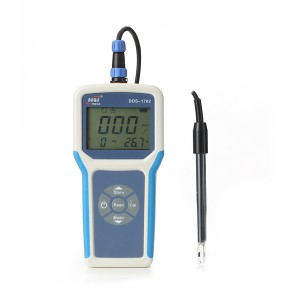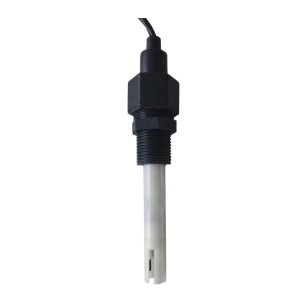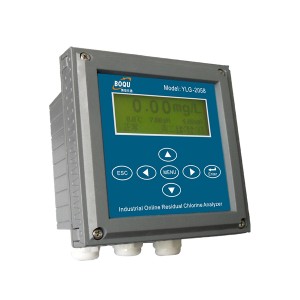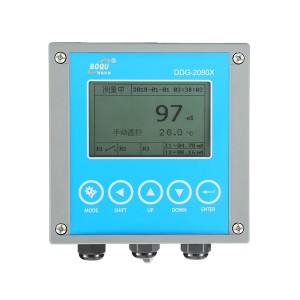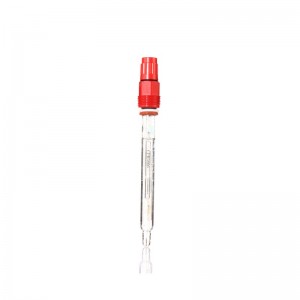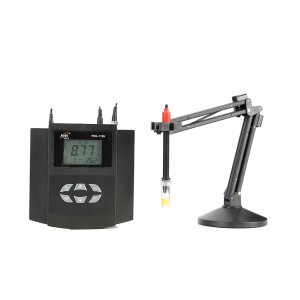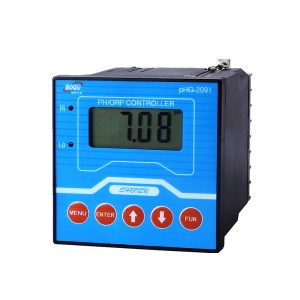In today’s fast-paced and highly regulated industrial landscape, maintaining compliance while ensuring efficient and accurate monitoring processes is crucial. One essential tool that plays a vital role in various industries is the sodium analyzer.
With its ability to measure sodium ion concentrations in solutions and samples, the sodium analyzer empowers businesses to stay compliant with regulations while staying ahead in terms of productivity and quality control.
In this blog, we will explore the significance of sodium analyzers, their working principles, and the benefits they offer to industries seeking seamless monitoring solutions.
Understanding The Importance Of Sodium Analysis:
1) Understanding Sodium’s Impact on Water Quality:
Sodium, a naturally occurring element, can find its way into water sources through various means, including natural dissolution, pollution, and human activities. While sodium itself is not harmful in moderate amounts, excessive levels can have adverse effects on human health and the environment.
One of the key concerns associated with elevated sodium concentrations is their impact on cardiovascular health. Individuals on low-sodium diets, such as those with hypertension or heart conditions, are particularly vulnerable. High sodium levels in drinking water can exacerbate these conditions and increase the risk of heart disease.
Moreover, elevated sodium content affects the taste and palatability of water, leading to consumer dissatisfaction. Sodium-rich water may have a noticeable salty taste, which can be unappealing to many individuals.
2) The Role of Sodium Analyzers in Water Quality Testing:
Sodium analyzers, specifically designed for water quality testing, provide a reliable and efficient method for measuring sodium concentrations in various water samples. These analyzers utilize advanced techniques, such as ion-selective electrode (ISE) technology, to accurately quantify the amount of sodium present.
By employing sodium analyzers, water treatment plants, and environmental agencies can gain valuable insights into the sodium content of their water sources.
One prominent application of sodium analysis is in water treatment plants. Excessive sodium levels in drinking water can lead to health risks, making it crucial to monitor and maintain appropriate levels. Sodium analyzers enable operators to keep a close watch on water quality, ensuring compliance with safety guidelines and safeguarding public health.
Working Principles Of Sodium Analyzers:
Sodium analyzers employ various techniques to measure sodium ion concentrations in samples. One widely used method is ion-selective electrode (ISE) technology, based on the principles of electrochemistry. This technique involves two main components: a sodium-selective electrode and a reference electrode.
The sodium-selective electrode, immersed in the sample, generates a voltage proportional to the sodium ion concentration present.
Simultaneously, the reference electrode maintains a stable and known potential. The potential difference between the two electrodes is measured and converted into a sodium concentration value using calibration data.
Modern sodium analyzers, such as BOQU’s Industrial Online Sodium Analyzer, utilize advanced electronics and microprocessors to provide accurate and real-time results. They offer features such as automatic calibration, temperature compensation, and data logging capabilities, enhancing the precision and efficiency of sodium analysis.
What Makes BOQU’s Industrial Online Sodium Analyzer Special?
As a manufacturer of electrochemical instruments focusing on water quality testing, BOQU brings powerful help to customers. Let’s take a closer look at this product: BOQU’s Industrial Online Sodium Analyzer
Versatile Channel Options for Cost Savings:
BOQU’s Industrial Online Sodium Analyzer offers the flexibility of 1 to 6 channels for optional configuration. This allows users to choose the number of channels based on their specific monitoring needs, resulting in cost savings and optimized resource allocation.
High Accuracy and Fast Response:
The analyzer is known for its high accuracy in measuring sodium ions, providing reliable and precise results. Its fast response time ensures real-time monitoring, allowing for prompt action and effective control.
Multiple Output Options:
The analyzer offers a 4-20mA output, providing compatibility with various systems and devices. This standardized output allows for easy integration with existing monitoring and control systems, simplifying the overall setup.
User-Friendly Interface and Notepad Function:
The analyzer features an LCD display, an English menu, and a notepad, offering a user-friendly interface for easy operation and configuration. The notepad function allows for the recording of up to 200 messages, facilitating data logging and analysis for further insights.
Advanced Features for Enhanced Monitoring:
The analyzer incorporates an automatic constant-voltage constant-current liquid line system, compensating for variations in the flow and pressure of the water sample. It also includes alarm functionality with discretionary threshold settings, ensuring timely alerts for abnormal sodium levels.
Network Connectivity and Historical Data Recording:
BOQU’s Industrial Online Sodium Analyzer offers network functions such as isolated current output and RS485 communication interface, enabling seamless integration into data acquisition systems. The analyzer can continuously record data for a month, allowing for historical curve analysis and trend monitoring.
Advantages Of Sodium Analyzers: Stay Compliant, Stay Ahead
Sodium analyzers offer numerous advantages to industries seeking effective monitoring solutions. Let’s explore some key benefits:
a) Regulatory Compliance:
With stringent regulations governing various industries, maintaining compliance is crucial. Sodium analyzers enable businesses to meet regulatory standards by providing accurate and reliable measurements of sodium ion concentrations. This ensures adherence to safety guidelines and mitigates the risk of penalties or legal consequences.
b) Process Optimization:
Sodium analyzers play a pivotal role in optimizing manufacturing processes. By monitoring sodium levels, operators can identify and rectify issues promptly, preventing potential product defects or process inefficiencies. This leads to improved productivity, reduced waste, and enhanced overall operational efficiency.
c) Quality Control:
Ensuring product quality is essential across industries. Sodium analyzers provide a vital tool for quality control, allowing manufacturers to measure and monitor sodium content accurately. This empowers businesses to maintain consistent product quality, meet customer expectations, and adhere to labeling requirements.
d) Compatibility:
Ensure that the analyzer is compatible with your sample types, such as aqueous solutions, industrial process streams, or environmental samples.
e) Maintenance and Support:
Evaluate the ease of maintenance, availability of spare parts, and technical support provided by the manufacturer to ensure smooth operation and longevity of the analyzer.
Final words:
Sodium analyzers are indispensable tools for industries seeking seamless monitoring solutions while staying compliant with regulations. By accurately measuring sodium ion concentrations, these analyzers enable businesses to optimize processes, ensure product quality, and make data-driven decisions.
With their numerous advantages, including regulatory compliance, process optimization, and cost savings, sodium analyzers empower industries to stay ahead in today’s competitive landscape. Invest in a reliable sodium analyzer that suits your specific needs and unlock the benefits of efficient and accurate sodium analysis.
Post time: May-24-2023

